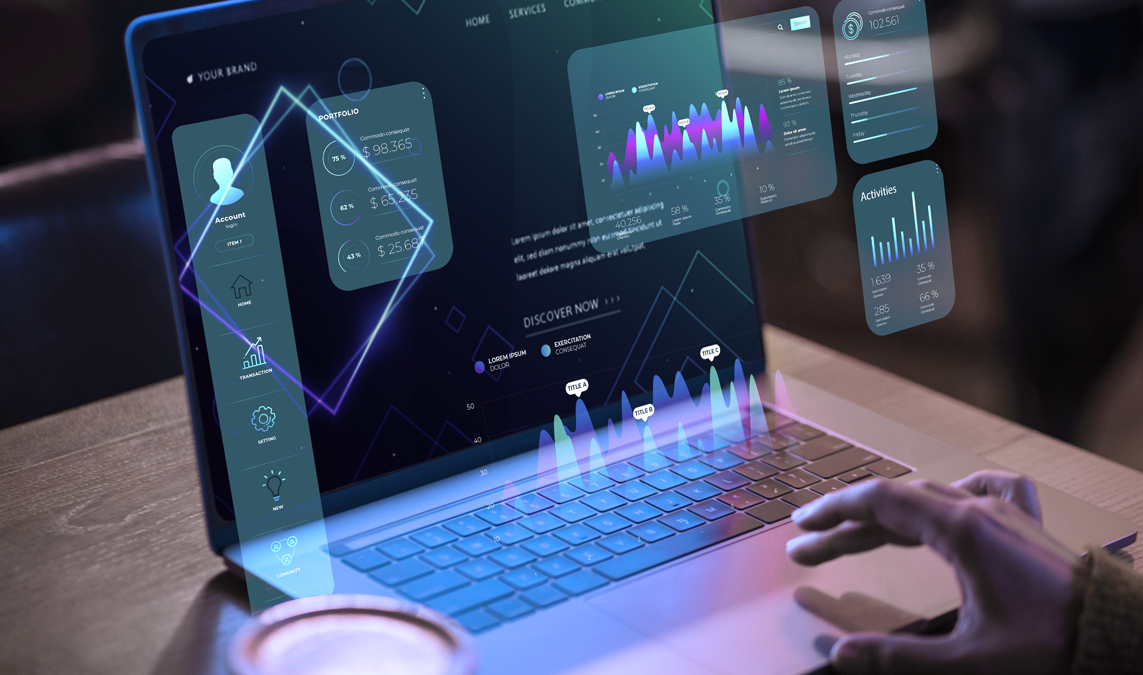In the rapidly evolving digital landscape, businesses are constantly seeking tools that offer a competitive edge. One such innovation making waves is ChatGPT. Whether you run a startup or a global enterprise, ChatGPT business applications can significantly streamline operations, enhance customer service, and even fuel creative strategies.
Why ChatGPT Business Integration Matters
Artificial intelligence is no longer just a futuristic concept. Instead, it’s becoming essential for daily operations. ChatGPT, developed by OpenAI, is a powerful language model that can understand context, generate human-like responses, and perform complex text-based tasks. As a result, businesses can automate conversations, create content, analyze data, and much more.
From Conversations to Conversions
First and foremost, ChatGPT business applications can drastically improve customer engagement. By integrating ChatGPT into customer service platforms, companies can deliver 24/7 support without the need for round-the-clock human staffing. Moreover, its ability to understand intent ensures that users receive relevant responses, which increases customer satisfaction and retention.
Additionally, because ChatGPT can handle large volumes of inquiries simultaneously, businesses save time and reduce overhead costs. This allows customer service agents to focus on more complex cases, increasing operational efficiency across the board.
Boosting Productivity Across Teams
Another major advantage of incorporating ChatGPT into business environments is the notable increase in team productivity. For instance, marketing departments can use ChatGPT to generate blog ideas, email copy, or ad headlines—quickly and efficiently. Likewise, HR departments can rely on it to draft job descriptions, answer frequently asked questions from applicants, or even help onboard new employees.
Furthermore, ChatGPT helps eliminate creative bottlenecks. Since it can produce a wide range of content in seconds, teams can maintain momentum and focus on refining strategies rather than starting from scratch.
Enhancing Internal Communication
Clear and consistent internal communication is critical to any business. Yet, many organizations struggle with knowledge sharing and documentation. Here’s where ChatGPT business use cases shine. By training ChatGPT on company-specific data, businesses can deploy it as an internal knowledge assistant.
Consequently, employees can ask questions like, “What’s the latest version of the product roadmap?” or “Who do I contact for IT support?” and receive instant, accurate answers. This not only reduces dependency on team leads but also fosters a self-service culture that empowers employees.
Automating Repetitive Tasks
Routine tasks consume valuable time. However, many of them—such as scheduling meetings, summarizing documents, or sorting emails—can now be automated using ChatGPT. For example, by integrating ChatGPT with email platforms, businesses can automatically categorize messages, generate replies, and even detect urgent issues that need escalation.
Additionally, in project management, ChatGPT can generate task lists, track progress reports, and keep teams updated. As a result, project leads can spend more time strategizing and less time micromanaging.
Personalized Customer Experiences
Today’s consumers expect personalized experiences. With ChatGPT, businesses can analyze customer interactions to tailor future communication. By tracking user preferences and behaviors, ChatGPT can craft individualized recommendations, product suggestions, and follow-up messages.
For instance, an e-commerce business can use ChatGPT to suggest products based on past purchases or browsing history. Similarly, service providers can offer tailored packages and solutions after assessing client needs via AI-powered chat interfaces.
Language Support and Global Reach
Going global requires multilingual support. Fortunately, ChatGPT is proficient in numerous languages, making it a valuable asset for businesses aiming to expand internationally. By offering customer support or marketing content in multiple languages, businesses can reach wider audiences with minimal added effort.
Moreover, ChatGPT’s translation capabilities are context-aware, meaning that it delivers culturally relevant and grammatically accurate translations, which is critical for maintaining brand reputation across regions.
Cost-Effective AI Adoption
One of the biggest concerns businesses face is the cost of implementing AI. However, with ChatGPT, there are scalable pricing options that fit various business sizes. Whether you’re integrating through OpenAI’s API or using platforms like Zapier or HubSpot that support GPT-powered features, you can start small and scale as you grow.
This flexibility ensures that small businesses can compete with larger counterparts without making huge upfront investments.

Security and Compliance Considerations
Of course, using AI tools also means paying attention to data privacy and security. Many businesses hesitate to use ChatGPT due to concerns about customer data handling. Fortunately, OpenAI and its partners offer secure APIs and enterprise-grade solutions that adhere to global compliance standards.
To minimize risk, businesses should always configure ChatGPT tools with appropriate permissions and conduct regular audits. Additionally, using private or self-hosted versions of ChatGPT can offer more control over sensitive data.
Future of ChatGPT in Business
As AI technology continues to advance, the potential of ChatGPT in business will only grow. Features such as voice interactions, real-time analytics, and integration with Internet of Things (IoT) devices will unlock even more innovative use cases.
Furthermore, the introduction of fine-tuned models specifically tailored to industry needs—like legal, medical, or financial sectors—will create powerful, domain-specific assistants that can handle even more nuanced tasks.
Conclusion
To sum up, ChatGPT business applications are transforming how organizations operate. From automating customer service and streamlining internal communication to generating content and improving personalization, the benefits are substantial. Even more compelling is the fact that it’s accessible, cost-effective, and adaptable to virtually any industry.
As we look ahead, integrating ChatGPT into business processes is not just a smart move—it’s becoming a necessity for staying competitive in the AI-powered future.







